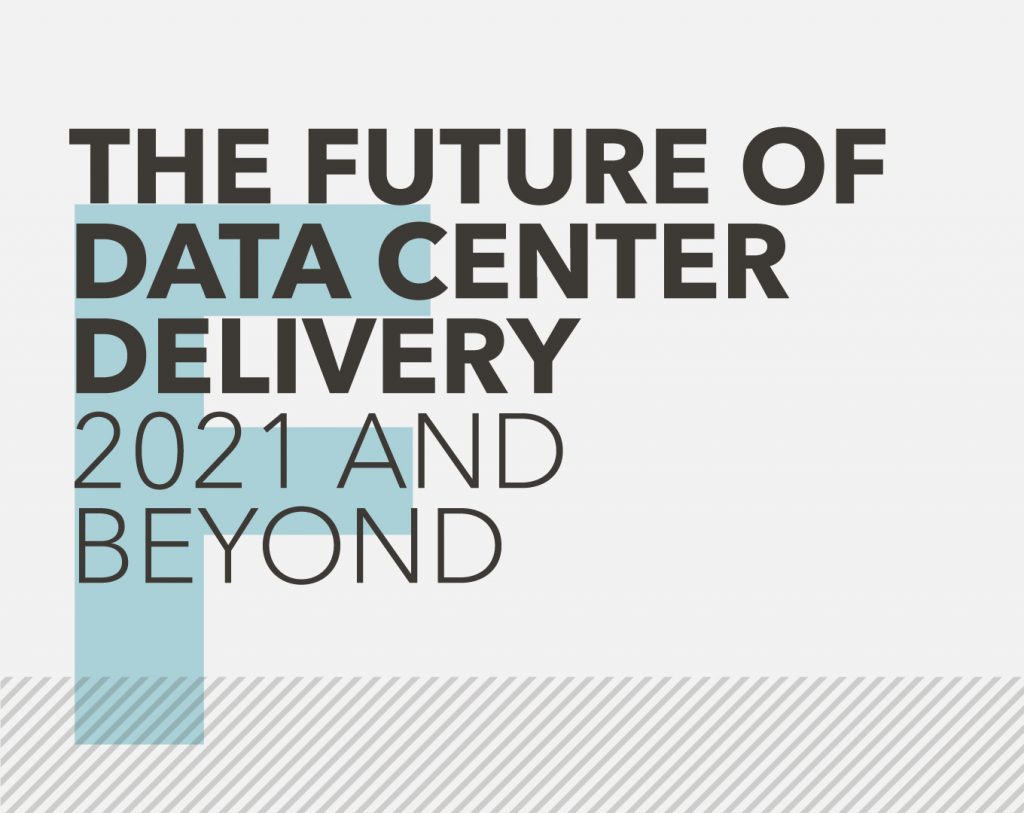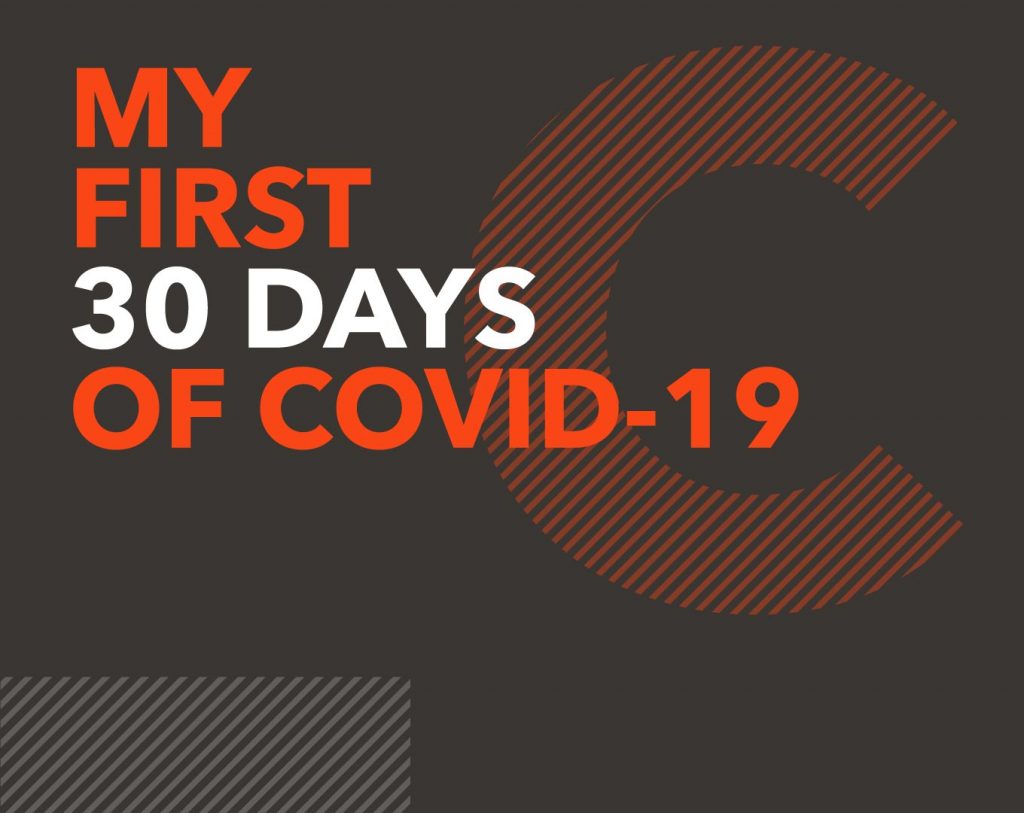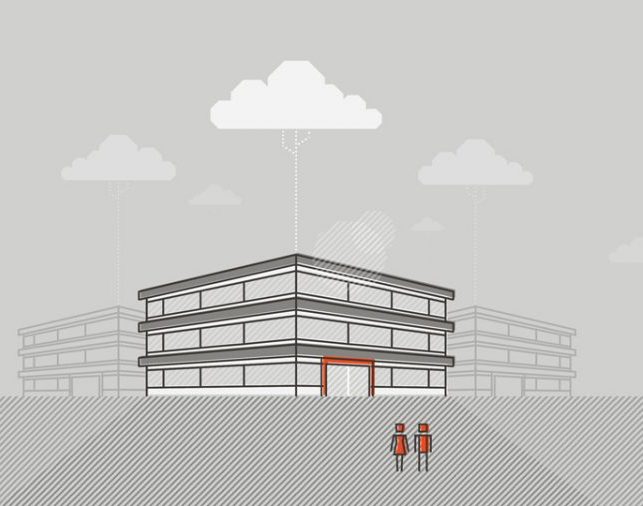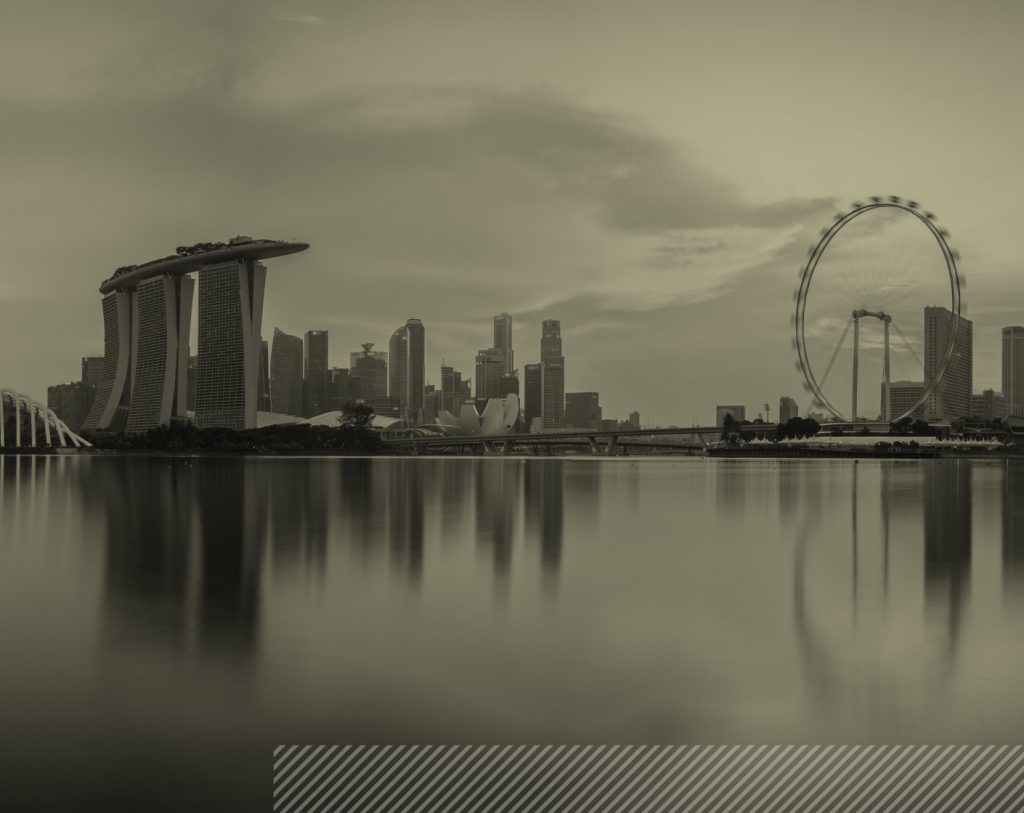What clients are asking now
By: Dave Newitt
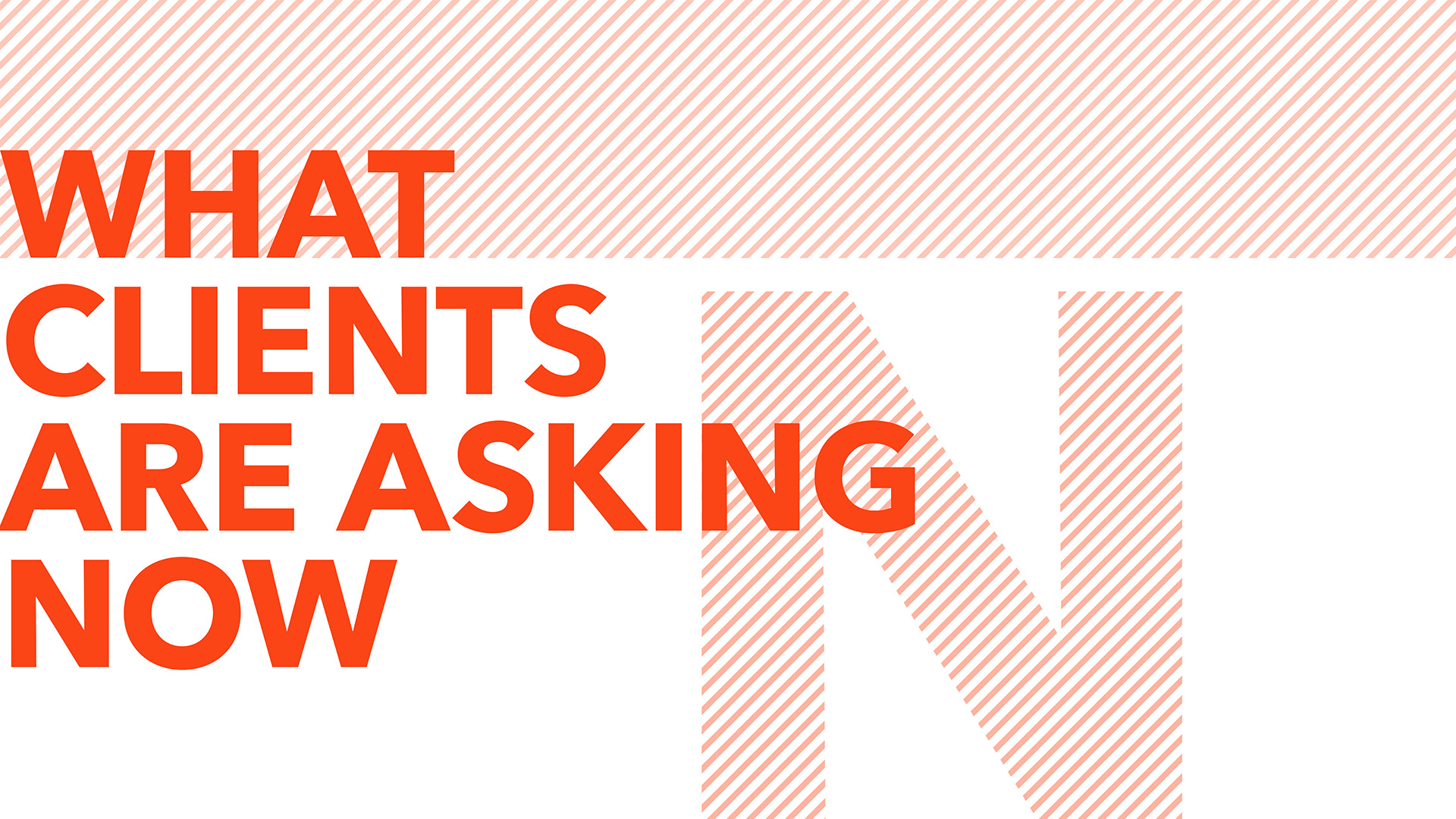
We are now several weeks into COVID-19 lockdown measures. The initial wave of enforced changes to work and living routines is behind us, and the world is slowly adjusting to the idea that we’re in this for the long haul.
This feels like a good point to look both backwards and forwards at the concerns our people and clients have had, and at some of the key questions, they’re asking as we move into the next phase of this bizarre new reality.
It bears repeating that I’ve been hugely impressed with the reactions I’ve witnessed within Yondr and the businesses we work with.
When it became clear the situation was set to become critical, we moved quickly to protect our people. We put together a COVID committee and brought our overseas people home even before governments started issuing similar instructions.
We communicated our approach with all of our clients and made sure our plans were aligned with theirs. Where we had different information, we collaborated to make sure we were both acting according to best practice.
Proactive decision making and transparency
Two things particularly struck me about different clients’ responses.
One was a particular client’s ability to communicate a consistent message across their supply chain (including us), from HQ right around the world, very quickly and effectively.
The second thing has been the way some of our clients have proactively and transparently dealt with ‘Fake News’.
As we settle into the rhythm of the ‘new normal’, there are certain threads that run through the emerging picture of how we’re going to get through this, and how the world and business might look post-COVID – including those themes of proactive decision-making and transparency.
Everyone is questioning what ‘business as normal’ should look like
The coronavirus pandemic has made everybody reevaluate their current business position. We’ve had a long period of time with no big shocks. People would up a budget by 10% year-on-year just out of habit. We’ve all become used to working on an annual business cycle.
Just three months into 2020 and those annual plans were being torn up. Now, companies are really looking at what they’re spending money on, asking questions like ‘How do we gain true value?’, ‘How do we aim to be different in the marketplace?’ Decisions are more deliberate. Fundamentally, they’re asking where they really fit in.
For Yondr, we recognise that we’ve grown used to working in a very global environment where travelling and doing business across continents was easy. Going forwards, we’ll challenge ourselves to exercise more thoughtful judgment about the necessity of travel.
We’re also seeing that clients’ needs will be more specific – they’re all different, after all – and we can offer them a more tailored, granular approach in the future. We’re a young and forward-thinking business, and we can adapt to those needs quickly.
Local will be the new normal
That theme of ‘global environment, local provision’ runs through everything we’re seeing. There are other factors driving it but COVID-19 has absolutely brought that to the fore.
Clients are looking for the certainty of global standards, but with local delivery. One client asked us, ‘How does Yondr truly operate in different countries?’ Not whether we just fly people in, but to what extent are we a part of the local marketplace? Is there really an end-to-end local solution?
That’s something we’ll be focusing on in the coming months. People accept that flying teams between continents isn’t always going to be easy, and it’s something we’ll need to consider carefully. We need more localised labour, equipment and employees. It’s not without its challenges but it’s better for the environment and better for the local economy.
We’re also looking at how we can increase speed to market to reduce clients’ risks. We’ve set the challenge right across our business: how are you going to learn from this – what will be your approach to travel, how will you meet clients’ needs more quickly, and otherwise do things differently? I’ve been impressed at the way people have risen to that.
In future, more will be in the cloud
Another thing that has become clear is that under-provisioned, on-premise corporate IT solutions have limitations that have only been tested by this extreme change in working – e.g. the entire workforce using video conferencing rather than only a small proportion. These lessons will certainly drive more clients to the cloud, both in terms of migrating existing systems and, for new companies, a cloud-first world from inception.
In short, the bill at the end of this for not doing things right will be enormous. Different governments will realise they can’t afford to get it wrong again and will invest to ensure that doesn’t happen. Having data center workers on “essential worker” lists is a clear signal that publicly, data centers are now officially on the map as critical infrastructure.
Stability is valuable to businesses
Businesses like operating in countries that are stable and transparent, that communicate well and react competently in emergencies. We’ve seen a range of responses from different governments, and businesses will take their cues from that.
Some countries have responded well, others not so well. The better performers have used technology and planning very successfully, and you’d want to see the responses modelled by those governments mirrored in a company. Those countries will likely flourish since they’re very attractive to businesses.
The same is true on a personal level. COVID-19 has undoubtedly brought out the human side of business and government. Yondr has always been like that; we know we’re only as good as our people. Many other global businesses – and just about every government in the world – are now stressing the same thing. They’re implicitly answering the questions: ‘How do we really look after our people? How do we make sure they’re staying fit and well in these circumstances? Will we continue to do that in the future?’
That, at least, has been a silver lining to the coronavirus pandemic. I’m hopeful humanity will come out of this stronger.
